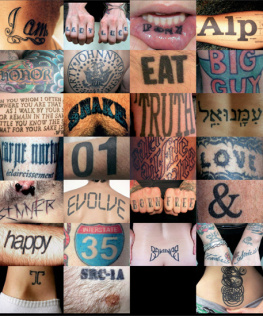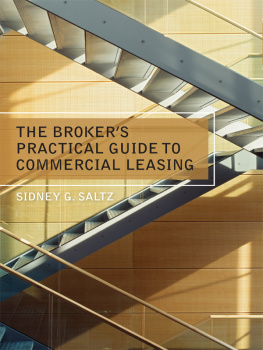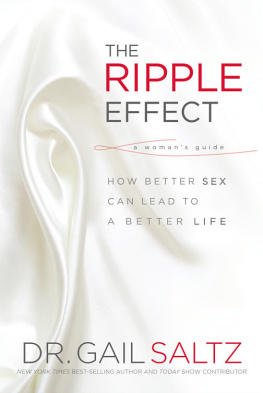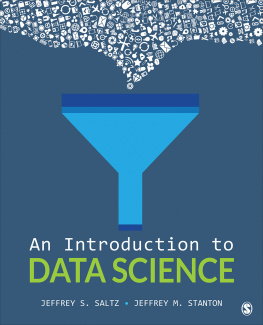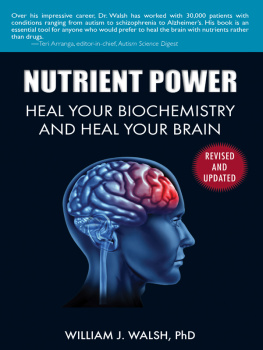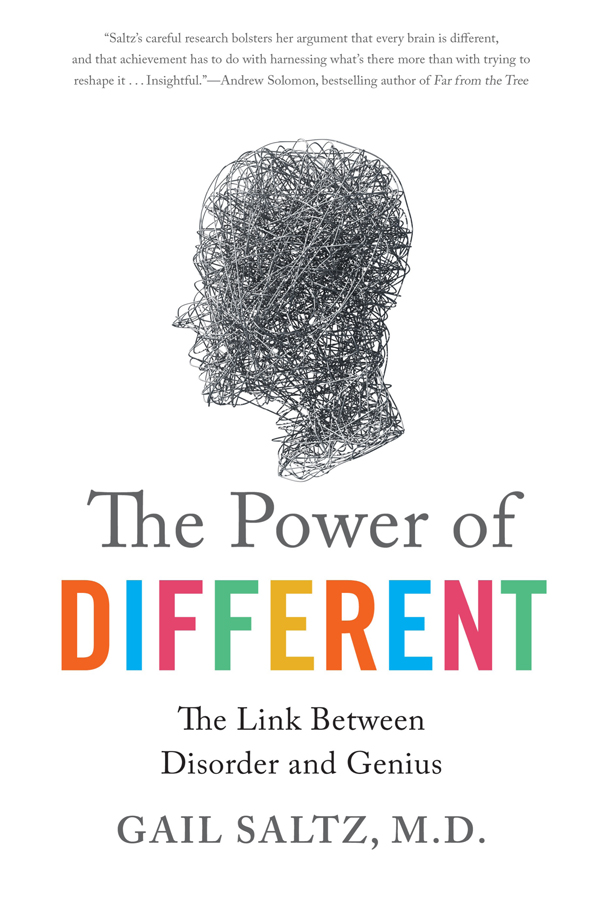Contents
Guide

The author and publisher have provided this e-book to you for your personal use only. You may not make this e-book publicly available in any way. Copyright infringement is against the law. If you believe the copy of this e-book you are reading infringes on the authors copyright, please notify the publisher at: us.macmillanusa.com/piracy .
I spent so many years wanting him to succeed and wanting him to be happy, Noah, the father of Ethan, a sixteen-year-old who had been diagnosed as a young child with ADD and Aspergers, said to me once. With those words he was articulating the desires all parents have for their children: to be happy and to succeed. Those goals, while so simple sounding, can be difficult to achievefor anyone. But for children and adults with diagnosed brain differences, the path can be even more perilous and uneven.
In the early years of Ethans schooling, his personal challenges emerged as behavioral difficulties. There seemed to be a disconnect between Ethans intellectual brightness and his inability to control himself physically and to engage socially in appropriate ways. Ethan himself remembers jumping around in classes. I might throw tantrums. The usual not knowing when to be quiet, basically behavioral issues that made it hard for me to work with teachers. Teachers would have to take too much time to deal with me, and sometimes I would crawl under the table and read and ignore them. Noah describes Ethan as having lacked a filter.
This disconnect within Ethan is one that parents and educators are often forced to grapple with: what to do with a child who has intellectual gifts but behavioral challenges. Often these are children who lack what is called executive functionthat is, the ability to contain their emotional and behavioral impulses. A special education environment can eliminate the stress of having to conform to the standards of a crowded mainstream classroom, but it can be educationally uninspiring for a bright child. Noah chose to place Ethan in a special environment to deal with the behavioral aspects of his difficultiesafter all, if a child cant sit still and pay attention, a child cant exercise his or her intellectual gifts.
Eventually, via a combination of maturing communication skills, his own remarkable perseverance, and judiciously prescribed Adderall (for his ADD), Ethan decided that he was ready to get out of the protected environment of his special school and put himself in the much more academically rigorous environment of one of Manhattans most competitive public schools. This was not the recommendation of the special school that he attended. Educators there believed that once a student was categorized as having a particular problem, then he or she would always need extra help for that problem; they felt Ethan would flounder if he didnt receive that special attention. Its not that they didnt think well of Ethan as a studentthey did. But they failed to see that their labeling of Ethan had also become limiting. They did not recognize hed developed the strengths, skills, and tenacity to succeed elsewhere.
Noah says, Theres something [in Ethans] nature to be very curious and inquisitive, very friendly, bright, and creative. And when the conditions are right, extremely hardworking and very generous. A lot of those aspects of him must have helped him to become more self-aware. Entirely of his own volition, Ethan applied himself to studying for the New York City specialized high school exam. Noah says, For a couple of summers he would take the train every day out to Flushing for test prep classes. It totally came from him. Its remarkable to consider that this level of discipline existed in the same child who had once been considered a disruption in mainstream classes. Ethan describes his drive to enter a mainstream high school as coming from a fear for my future and wanting to do more. His father says, Ethan became extremely focused on proving everyone wrong, by not only getting into a specialized high school, but getting into exactly the one he wanted to attend. He sought some advice from us, but really he only wanted support, which we gave him absolutely. He wanted to prove to himself he could do it and be successful. My role was as encourager. The challenge of adjusting academically to a New York City specialized high school would be daunting for any student, but Ethans family was also concerned about how he would transition socially. But while it hasnt always been easy, Ethan has excelled and thrived.
Now that Ethan has learned how to manage the impulsiveness of his younger years, the positive flipside of his ADD has emerged more clearly, and Ethan has flourished creatively. Hes transfixed by technology and shows enormous ingenuity in using technology to solve problems. One feature of ADD is what is called hyperfocus (single-minded attention) on a task of particular interest. In Ethans case, what particularly interests him is programming. His ability to hunker down and lose himself in a particular taskwhich is a direct offshoot of his ADD, as I will go on to describe in chapter 2contributes greatly to his ability to creatively problem-solve. He wanted to build his own computer, so for his sixteenth birthday he received the parts as gifts. Then he not only built the computer, but also created a remote desktop on his iPad, so that no matter where he was hed never have to worry that he was missing something he needed for his studies. Noah says, Hell go on and on about this foreverhes so into technology and turned on by problem-solving. Ethan began coding at the age of ten using the MIT program Scratch, but soon exceeded its limits and has been writing his own computer code ever since. In high school, Ethan has found that hes been able to connect with other bright kids with their own quirks. My school has a bunch of weird students, which is great for me. Theres very little judgment. Almost my entire school is this quirky cast.
Ethans story is one of ultimate success, and certainly Ethan comes across as being as close to happy as one expects an adolescent boy to be. But his success story was hard wonboth by him and by his devoted father. The key to success for Ethan was not simply to mitigate his weakness, however. If that had been his and his fathers approach, he might have remained in special education throughout his schooling. Rather, in Ethans caseand for so many others with brain differencesthe key was to mitigate the weakness and thereby provide an opportunity to magnify the strengths. The flipsides of Ethans challenges are also his brightest sparks of genius. This is the mystery and wonder of how the human brain worksa mystery that we are at the very beginning stages of unlocking.
* * *
W HAT IS GENIUS, and how can it coexist with what we would consider a mental flaw in the form of a brain difference? For that matter, what is a brain difference? For many of us, Einstein comes to mind as the quintessential genius. Even without the benefit of IQ testing, we can empirically observe that he, like Leonardo da Vinci or Isaac Newton, clearly had intellectual gifts several standard deviations above the person with average intelligence. There are also many high achievers among us who might not be geniuses of this ordergeniuses with a capital G, if you willbut who have accomplished above-average things in all fields. Its these high achievers, who have performed in arguably genius ways, on whom Im most focused in this book.
Oxford Dictionaries defines genius as exceptional intellectual or creative power or other natural ability. The purity and simplicity of this definition help to clarify the coexistence of gifts and weaknesses within these high achievers. Most of us intuitively understand that while we are exceptionally good at one thing, we might be exceptionally poor at another. The absentminded professor stereotype exists for a reasonas does that of the tortured artist. This book explores the ways in which the unique wiringsome aspects of which might be considered weakness in certain contextsof many high achievers has directly contributed to their abilities and achievements.


